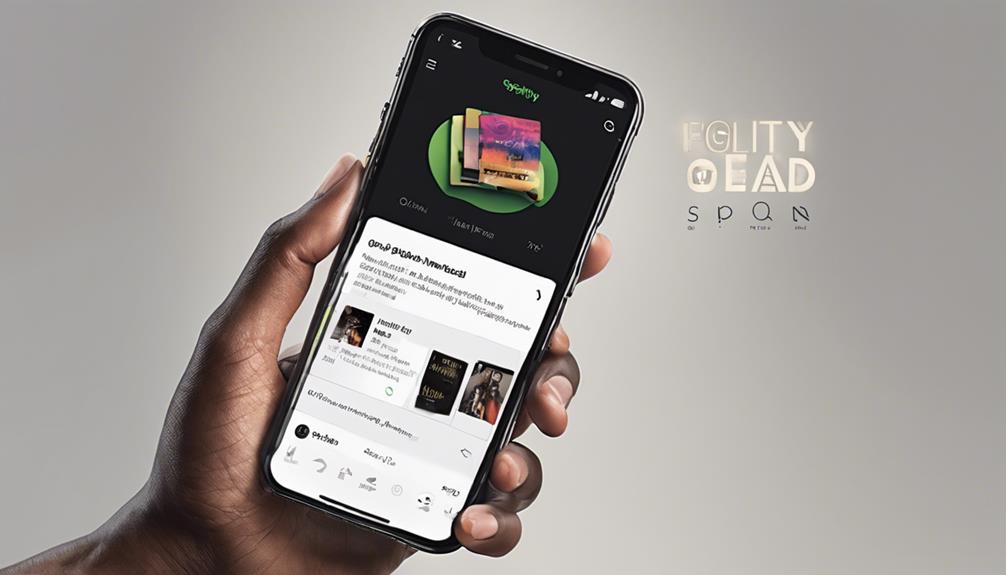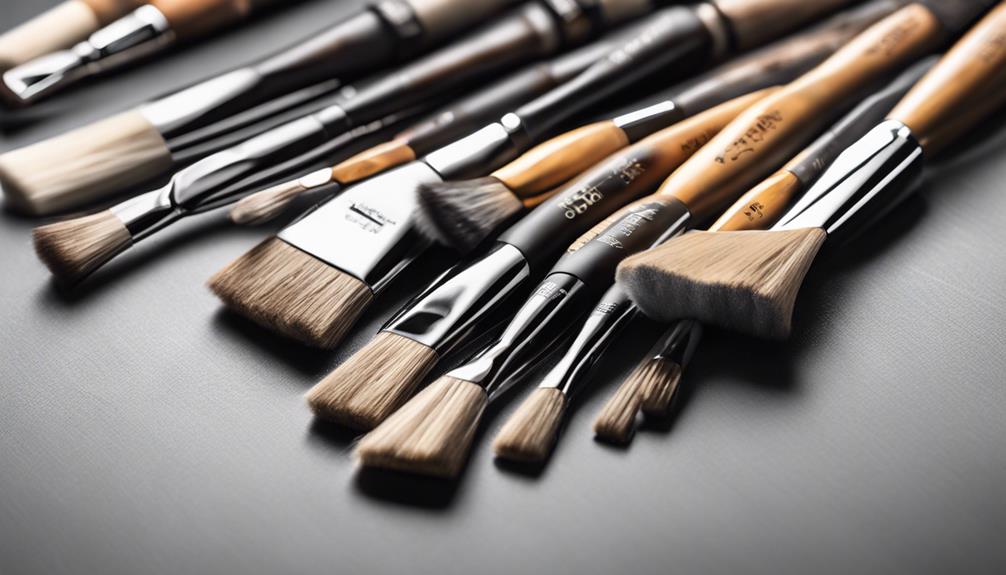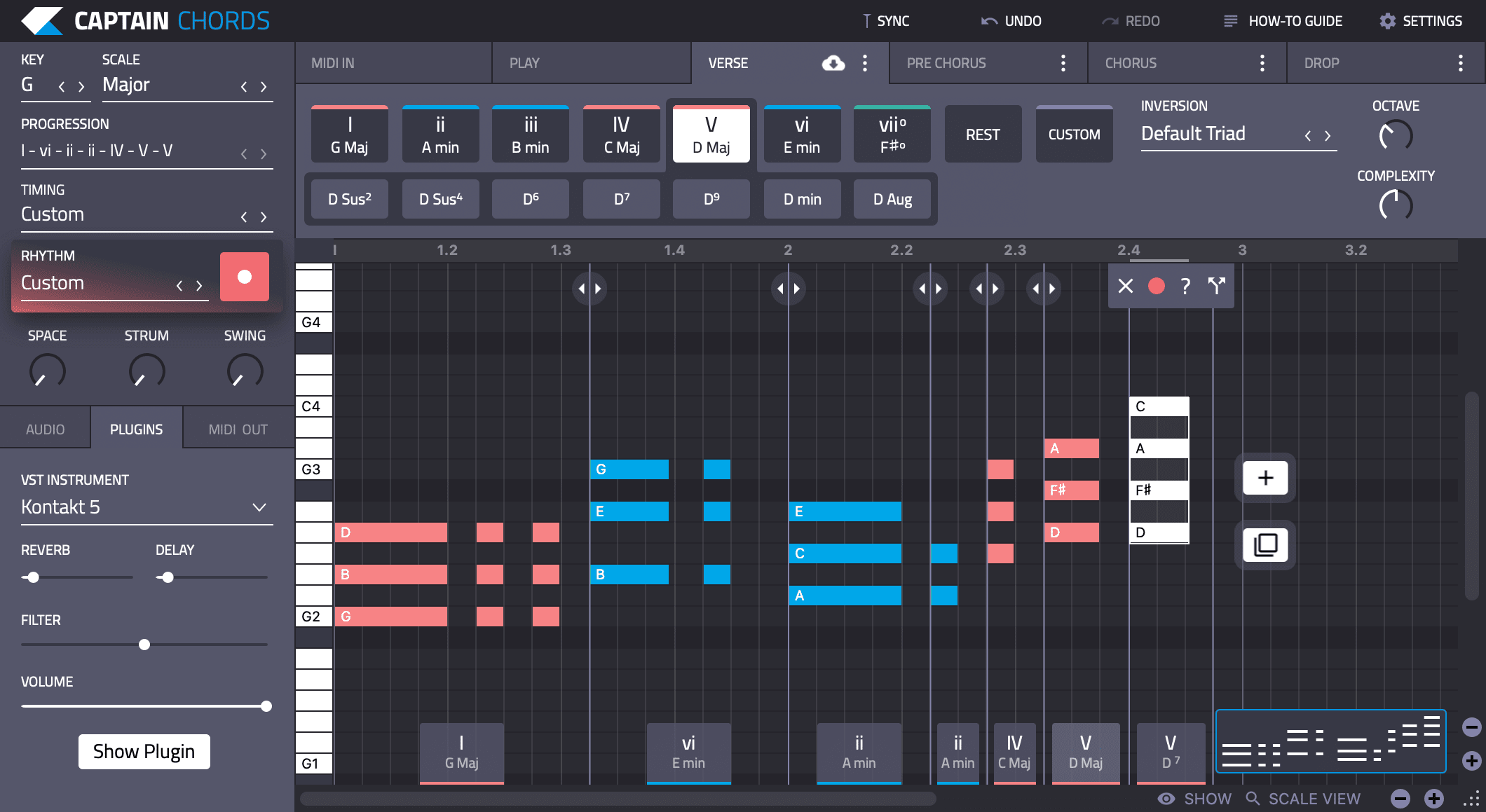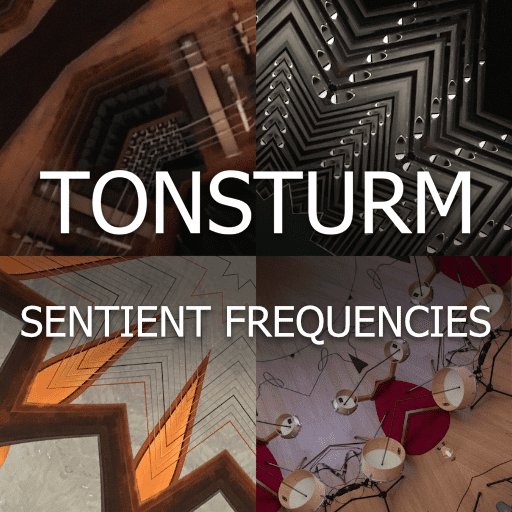Setting up and sharing your favorite Spotify songs is easy. First, create a playlist by tapping the ‘+’ icon and giving it a name. Then, add your favorite songs by clicking on them and selecting ‘Add to Playlist’. Next, invite collaborators to make it a shared experience and add more variety. Share your playlist link with friends and family using messaging apps or social media. Finally, enjoy discovering new music together and keep the playlist updated for a fresh experience. By following these five steps, you can curate, share, and enjoy music seamlessly. Enhance your musical journey with collaborative playlists!
Key Takeaways
- Create a new playlist with your favorite songs.
- Click on a song and select 'Add to Playlist'.
- Share the playlist link with friends and family.
- Invite collaborators to enhance the playlist.
- Keep the playlist updated with fresh tracks.
Set up a New Playlist
Setting up a new playlist on Spotify is a simple process that allows you to curate and share your favorite songs effortlessly.
When creating your playlist, make sure to tap the '+' icon at the top right corner of the app and select 'Playlist.' Naming your playlist something memorable, like 'My Favorite Jams' or 'Best of 2022,' can help you easily identify it among your collection.
To populate your playlist with your Liked Songs, tap the plus icon next to each track you want to include. This step guarantees that your playlist is filled with the songs you love.
Once your playlist is ready, you can share it with friends, family, or even on social media platforms to spread the musical joy. By following these steps, you can swiftly set up a playlist full of your favorite tunes, ready to be enjoyed and shared with others.
Add Favorite Songs
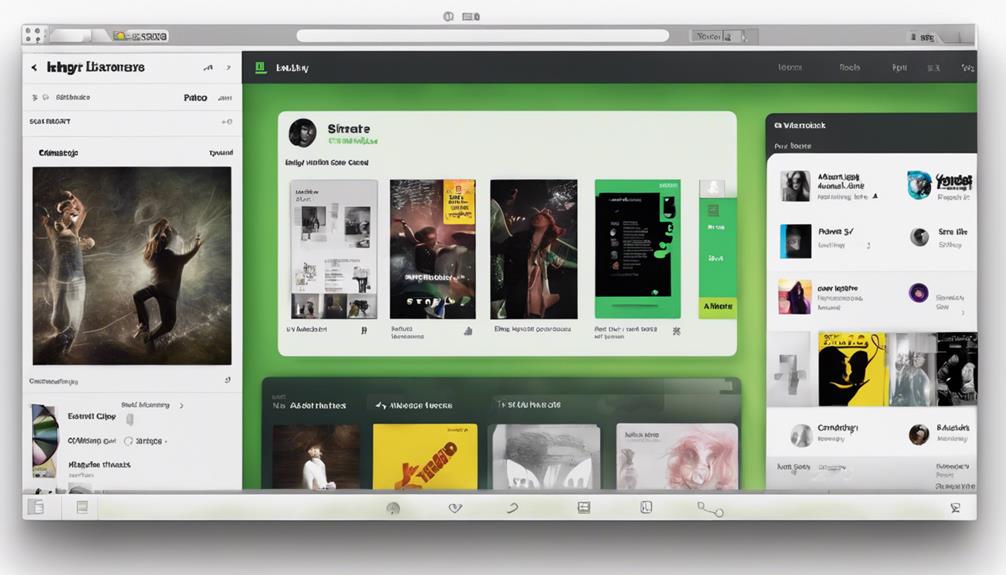
To maintain enhancing your playlist on Spotify, start by adding your favorite songs to create a personalized musical collection that reflects your unique taste. Adding favorite songs is easy; simply click on the song you love, then select 'Add to Playlist' and choose the playlist you want to add it to.
Be creative when naming your playlist, as a catchy title can make it more appealing to others. Think of titles that represent the mood or theme of your playlist, making it easier for listeners to connect with your music selection.
Once you've added your favorite songs and named your playlist, it's time to share it with friends and family. Sharing your playlist link allows others to enjoy the music you love. By adding collaborators to your playlist, you can create a shared music space where everyone can contribute their favorite tracks.
Remember to keep your playlist updated with new favorite songs to maintain a continuous music sharing experience that stays fresh and engaging.
Invite Collaborators
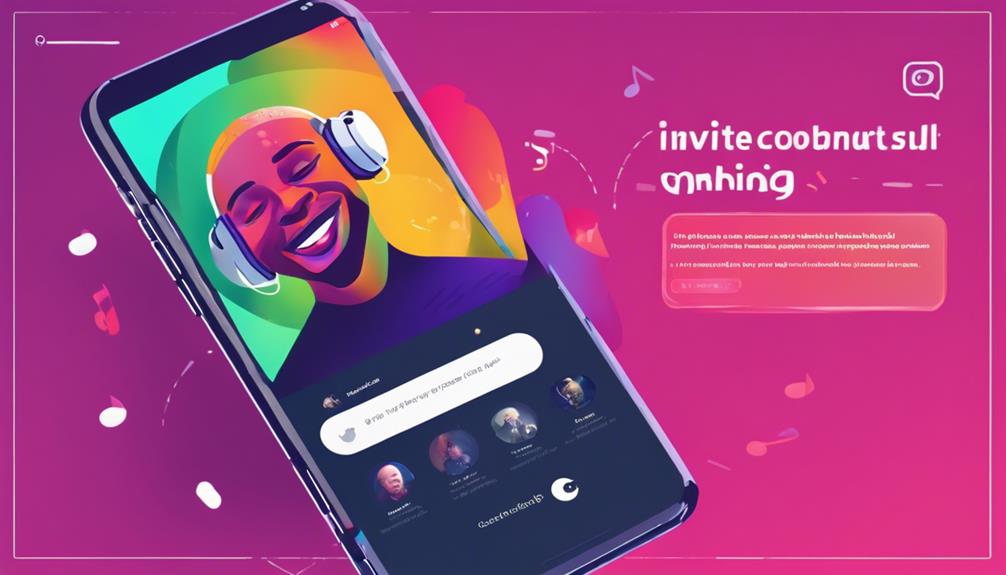
Let's bring more music enthusiasts into the mix by inviting collaborators to join our playlist-sharing experience. By inviting collaborators, we open up the opportunity for a shared music journey where everyone can contribute their favorite tunes. This collaborative effort not only enriches the playlist but also creates a diverse collection that caters to different tastes and preferences.
Collaborators play a pivotal role in adding their own favorite songs to the playlist, enhancing its variety and introducing new tracks for everyone to enjoy. This interactive process fosters a sense of community and mutual discovery, where each member can explore different genres and artists they may not have encountered otherwise.
Furthermore, collaborating on a playlist allows for a dynamic exchange of music preferences and a fun way to bond over shared musical interests. With the ability to download the playlist for offline listening, the shared music can be enjoyed anytime, anywhere, even without an internet connection. Invite your friends and family to collaborate, and let the music exploration begin!
Share Playlist Link
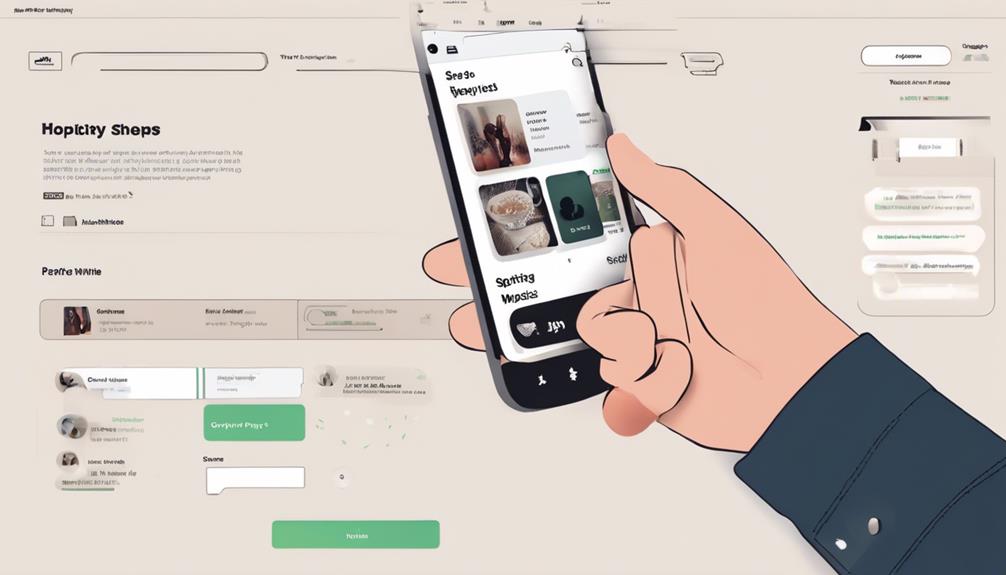
Sharing your playlist link enables seamless access to your favorite Spotify songs for others to enjoy and add their own musical touch. To share your playlist link, simply navigate to your playlist, click on the three dots next to the playlist name, and select 'Copy Playlist Link.'
You can then share this link via messaging apps, social media platforms, or email to invite friends and collaborators to listen in. This approach fosters a collaborative music experience, allowing others to contribute their favorite tracks to the playlist.
Additionally, by regularly updating and expanding the playlist with new liked songs, you make sure that it remains fresh and engaging for everyone involved. Embracing the simplicity of sharing a playlist link opens up a world of musical exploration and shared enjoyment, making it easy for friends to join in and discover new tunes effortlessly.
Enjoy and Discover Together
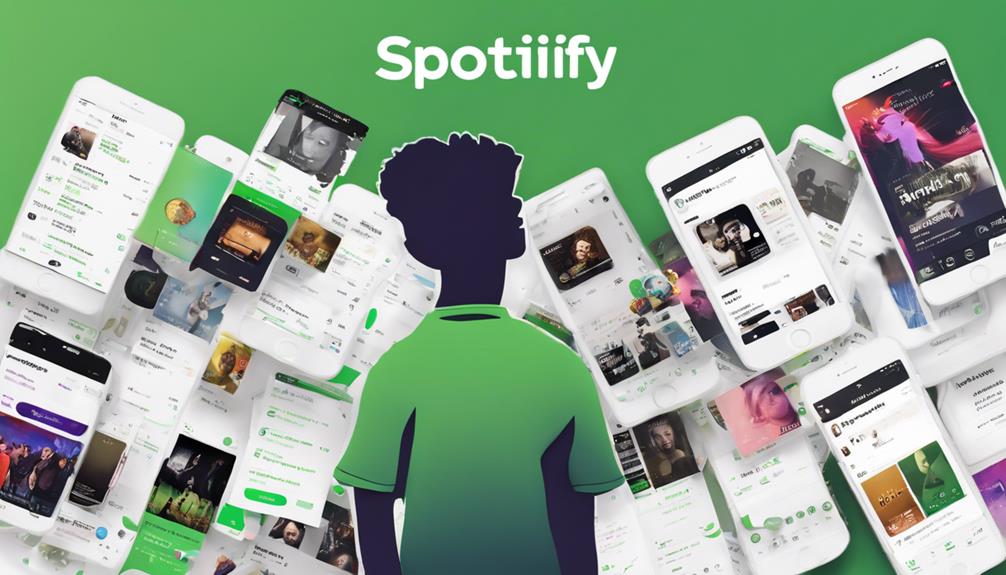
Exploring new music alongside friends and family enhances our collective listening experience and strengthens our bond through shared musical discoveries. By collaborating on a shared playlist of favorite Spotify songs, we invite others to contribute, creating a space for mutual enjoyment and exploration.
Sharing the playlist link allows for easy access across various devices, enabling everyone to discover and appreciate the diverse musical tastes within the group. Keeping the playlist updated with fresh tracks guarantees a continuous flow of new favorites, enriching our listening journey together.
Through interacting with one another via music, we not only share our own preferences but also immerse into the musical worlds of those around us, fostering a deeper connection through the art of sound. Embracing this collaborative approach to music discovery opens up a world of possibilities, where each shared song becomes a thread weaving our collective musical tapestry.
Frequently Asked Questions
How Do You Share Spotify Favorites?
To share Spotify favorites, we create a playlist with our liked songs. This involves tapping the '+' icon, selecting 'Playlist,' naming it, and adding our liked tunes.
To add songs, swipe left on each, or collaborate to keep it fresh. Copy the playlist link to share the musical joy with others.
How Do You Send Favorite Songs on Spotify?
We facilitate sharing favorite Spotify songs by creating a playlist. Tap the '+' icon, choose 'Playlist,' name it, and add liked songs. Swipe left on each song to include them in the new playlist for sharing.
Collaborate, copy the playlist link, and share it via text or other ways. Keep updating the playlist with new favorites for an enhanced listening experience. This method guarantees seamless sharing and discovery of great music.
How Do I Share a Spotify Playlist Easily?
Sharing a Spotify playlist is simple!
Create a new playlist for your favorite songs, give it a memorable name. Add songs by tapping the plus icon.
Once ready, copy the playlist link to share.
Collaborate by inviting friends to contribute.
Enjoy seamless music sharing!
How Do I Share My Spotify Songs?
Sharing our favorite Spotify songs is simple. Create a playlist, name it, and add your liked songs.
Collaborate with others by inviting them to contribute or share the playlist link. This method allows seamless sharing and updating of our music preferences.
Stay connected through music with our shared playlist for a fun and engaging experience.
Conclusion
Now that you know how to share your favorite Spotify songs with others, go ahead and create your playlist masterpiece.
Invite friends, family, or even strangers to join in the musical journey. Discover new tunes, reminisce on old favorites, and bond over the power of music.
The possibilities are endless when you share your favorite songs – so start spreading the musical love today!

